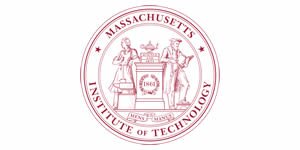RSS Feed Source: MIT Technology Review
IBM announced detailed plans today to build an error-corrected quantum computer with significantly more computational capability than existing machines by 2028. It hopes to make the computer available to users via the cloud by 2029.
The proposed machine, named Starling, will consist of a network of modules, each of which contains a set of chips, housed within a new data center in Poughkeepsie, New York. “We’ve already started building the space,” says Jay Gambetta, vice president of IBM’s quantum initiative.
IBM claims Starling will be a leap forward in quantum computing. In particular, the company aims for it to be the first large-scale machine to implement error correction. If Starling achieves this, IBM will have solved arguably the biggest technical hurdle facing the industry today to beat competitors including Google, Amazon Web Services, and smaller startups such as Boston-based QuEra and PsiQuantum of Palo
Click this link to continue reading the article on the source website.

